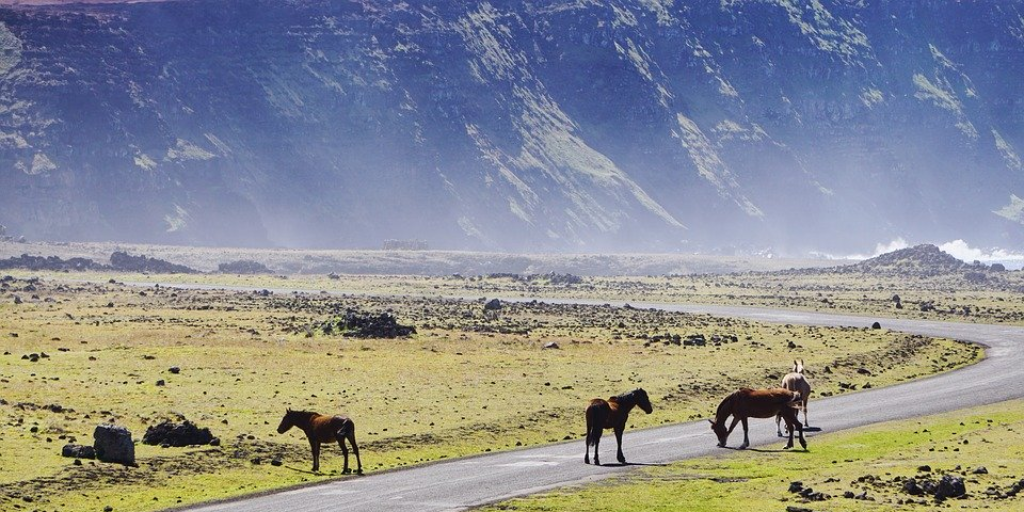I can’t imagine the daily stresses and tasks related to being a new mother but Constanza seems to have everything under control. She put the baby down for a nap so she could have time to chat with me and shared with me on some serious topics related to Chile and also giggled through the idioms on buts that I found.

Chile has seen many ups and downs over the years. When we spoke in November of 2019, Chile had seen seen the worst civil unrest since the end Pinochet’s dictatorship. For the purpose of this project, we chose to speak more on positive things.
NOTE: Editing the transcript is a huge task and I am trying to make sure I keep the podcast flowing and not get bogged down. Please bear with.
timestamped notes
2:55 ~ If you would like more information on the causes and escalation of the social unrest
10:37 ~ Custard apples are ridiculously delicious fruits and the next time I find them I’ll have to get orange juice to go with.

12:45 ~ This New York Times article that was published soon after the quake really sums up the emotional component of a disaster of this scale.
15:01 ~ Mini-tsunamis are quite common is areas hit by earthquakes or aftershocks and are quite unsettling.
15:39 ~ The Rockies might be the North American equivalent of the Andes mountain range. High enough that they dramatically affect the climate for most of Chile, they are also an amazing backdrop for the capital, Santiago.

16:49 ~ Chorrillana looks amazing and you might be able to follow a recipe to get a taste of Chilean goodness.
17:33 ~ Sopapilla would probably please my sweet tooth, I think I’d go for the pumpkin ones.
18:40 Pastel de Choclo is the Chilean answer to Shepherd’s pie and it looks just as good and filling.
20:24 ~ Some idioms I asked about: estoy pato,
20:47 ~ “Apretar cachete” and “mojar el potito” which Constanza exaplains the origin story of.

23:44 ~ I thought it was interesting that when I asked about Sigrid’s future in Chile, Constanza referred to the gap between her generation and the one before.
There’s a big generational difference now with this, what’s going on now because the people who lived [under] the dictatorship are really reminded of that all the time.
thoughts
Even though it is more difficult to find women to interview from around the world, it’s worth the effort. If I only interviewed 21-year-olds who program and work in English I would miss out on the spectrum of fantastic outlooks and perspectives. This was also my first South American interview so it will be interesting as I talk to the neighbouring countries what similarities will become apparent.
My email and social medias are always open, drop a line if you like what you’re hearing or if you’d like to introduce a guest.
Have a slice!


